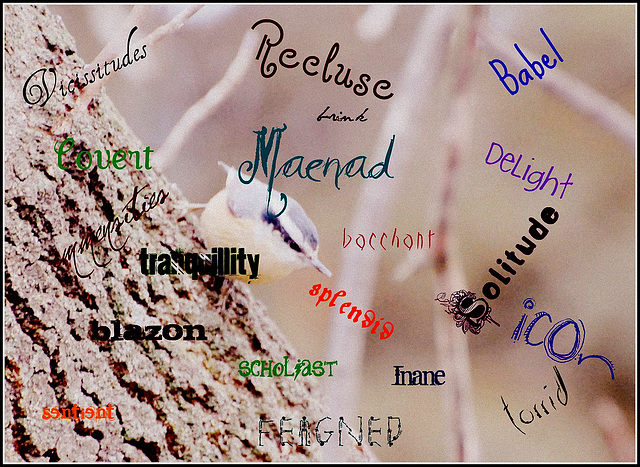Future of PC
Ouch! ... It's cold
Grass
Grass
Downtown
Chrysler
Ford
Chevrolet
Brush
.............? 1930
Ford Victoria 1951
Lincoln 1962
Chevy Impala 1958
Studebaker 1960
Ubiquitous
June 13th 2008
Gandhiji & his secretary Mahadev Desai
Danate Alighieri
DASA
Arthur Schopenhauer
Thomas Hobbes 1588-1679
Karl Marx
"The Mystery of Consciousness"
Eratosthenes' Geodesy
J.Krishnamurthi & physicist David Bohm ~ 1984
Bring me the sunset in a cup
One evening
Twilight
Autumn Moon
"A Premier of the Daily Round"
One leaf on a branch
Walking alone In Dead of Winter
The Lane
January morning
Snowy woods
On ice
A Cardinal
Keywords
Authorizations, license
-
Visible by: Everyone -
All rights reserved
-
137 visits
- Keyboard shortcuts:
Jump to top
RSS feed- Latest comments - Subscribe to the comment feeds of this photo
- ipernity © 2007-2024
- Help & Contact
|
Club news
|
About ipernity
|
History |
ipernity Club & Prices |
Guide of good conduct
Donate | Group guidelines | Privacy policy | Terms of use | Statutes | In memoria -
Facebook
Twitter



Look carefully and it’s obvious there’s something strange here. The first form is just like the second, except the letters “I” and “g” have been dropped. That means any word fits the second form must fit the first. Therefore, the first form is actually more common but the second form is much more easily recalled.
Armed with this information, Kahneman and Tversky asked another group of students to think of four pages in a novel. There are about 2,000 words on those four pages, they told students. “How many words would you expect to find that have the form _ _ _ _ing?” The average estimate was 13.4 words. They then asked another group of students the same question for the form _ _ _ _n _. The average guess was 4.7 words.
This experiment has been repeated in many different forms and the results are always the same: The more easily people are able to think of examples of something, more common they judge that thing to be. ~ Excerpt Page 47 (The Science of Fear by Daniel Gardner)
Words symbolize things and natural phenomena symbolize cognitive “facts.” What is stressed, in this rudimentary notion of semiotics, is the ‘metaphorical’ nature of language. By means of language, “outward phenomena” are converted into something in human life. The world we perceive and know is “emblematic” or symbolic. In fact, nature may be conceived of as “a metaphor of the human mind.” Even technical statements have a certain meaning borrowed from human life and judgments. Language translates experience of external phenomena into metaphorical, symbolic word-image that have an anthropomorphic significance. ~ Page 146 ~ Excerpt " Nietzsche and Emerson" Author - George J. Stack
Thus the self-referential, self-regulating and transformative cosmos of discourse is neither like the world, nor unlike it (how would we know?) it is not, as neo-Platonism and Romanticism would have it, a luminous veil behind which we discern the lineaments of a higher, more beauteous and consoling order. We do not, via language, transcend the real towards the more real. Words neither say nor un-say the realm of matter, of contingent mundanity, of ‘the other’. Language speaks itself or, as Heidegger, in direct reprise of Mallarme, puts it, “Die Sprache spricht” (language speaks) (but just this, as we shall see, in Heidegger’s initial step out of nihilism and towards a counter-Mallarmean ontology of presence.) ~ Page 97 Excerpt "Real Presences" Author George Steiner
Hume was an empiricist philosopher, when an “empiricist’ is someone who holds that what exists or what is true is a non-trivial sense, can be known only through some observation about how the world is. To know anything, there must first be some sensory experience. The eighteenth-century British empiricists accordingly supposed that the mind is empty when experience begins, like a blank writing slate or ‘tabula rasa’, as the English philosopher, John Locke (1632-1704) described it. Sensory experience ‘writes’ upon our initially blank tablet, so to speak. ~ Page 32
Sign-in to write a comment.